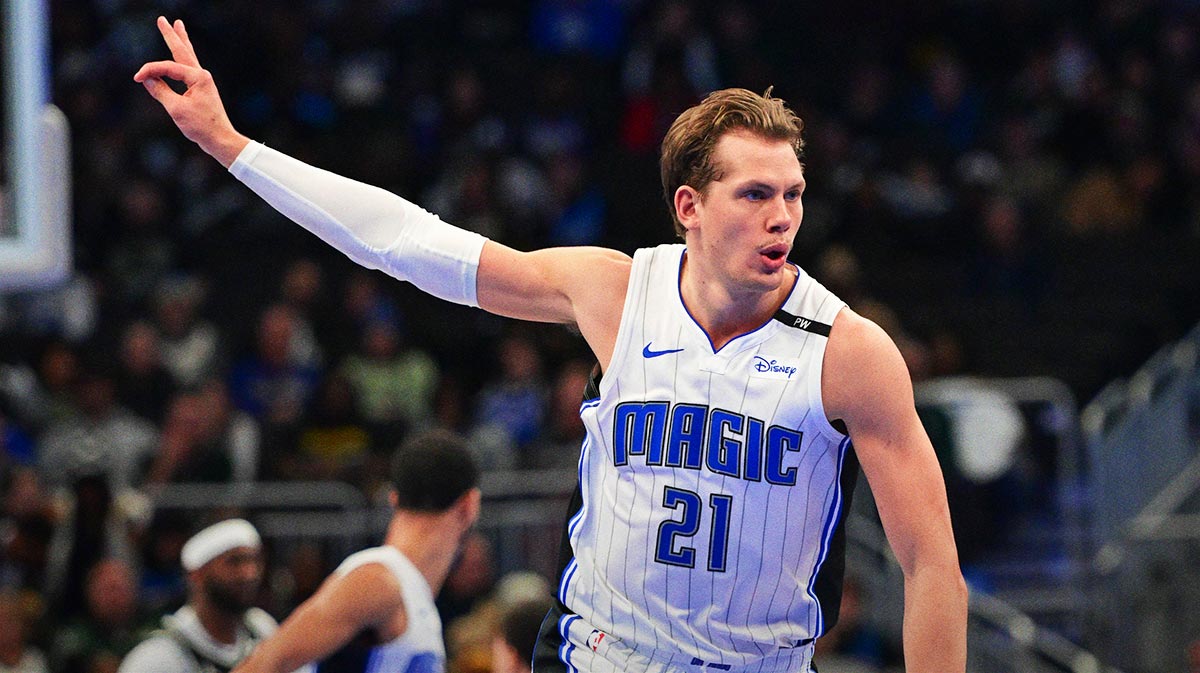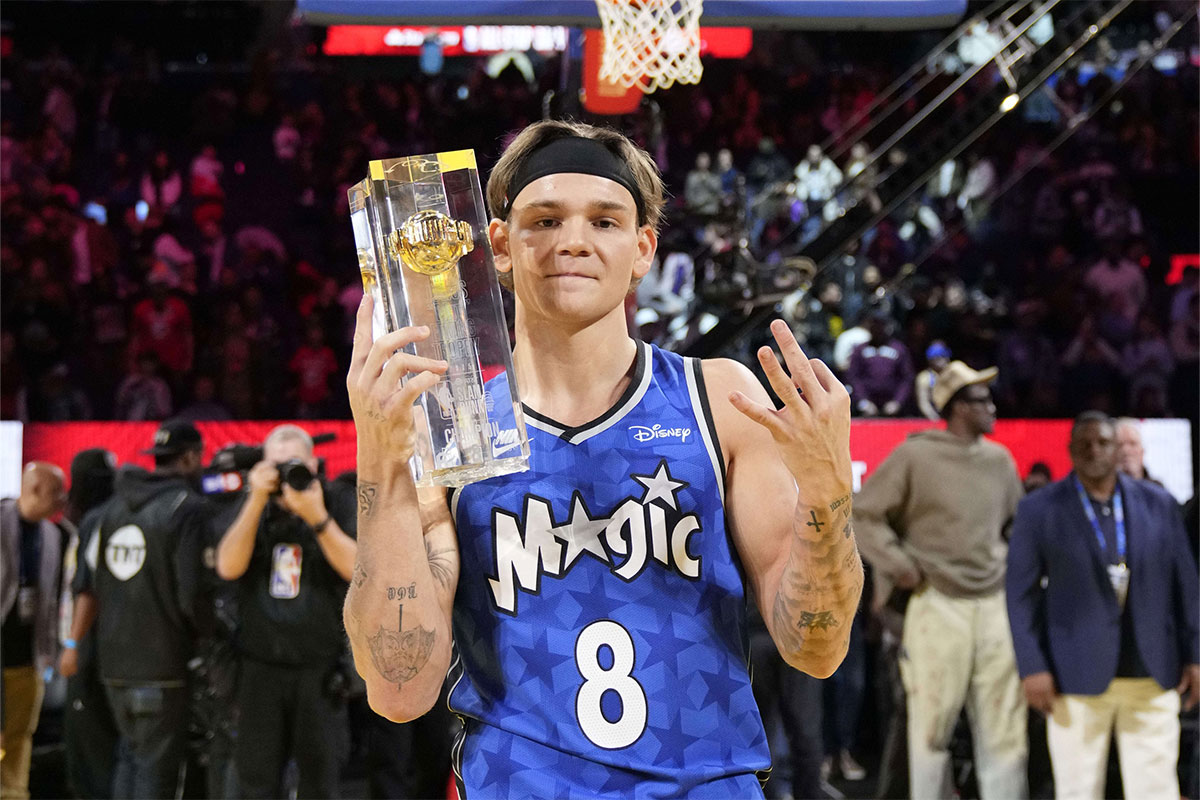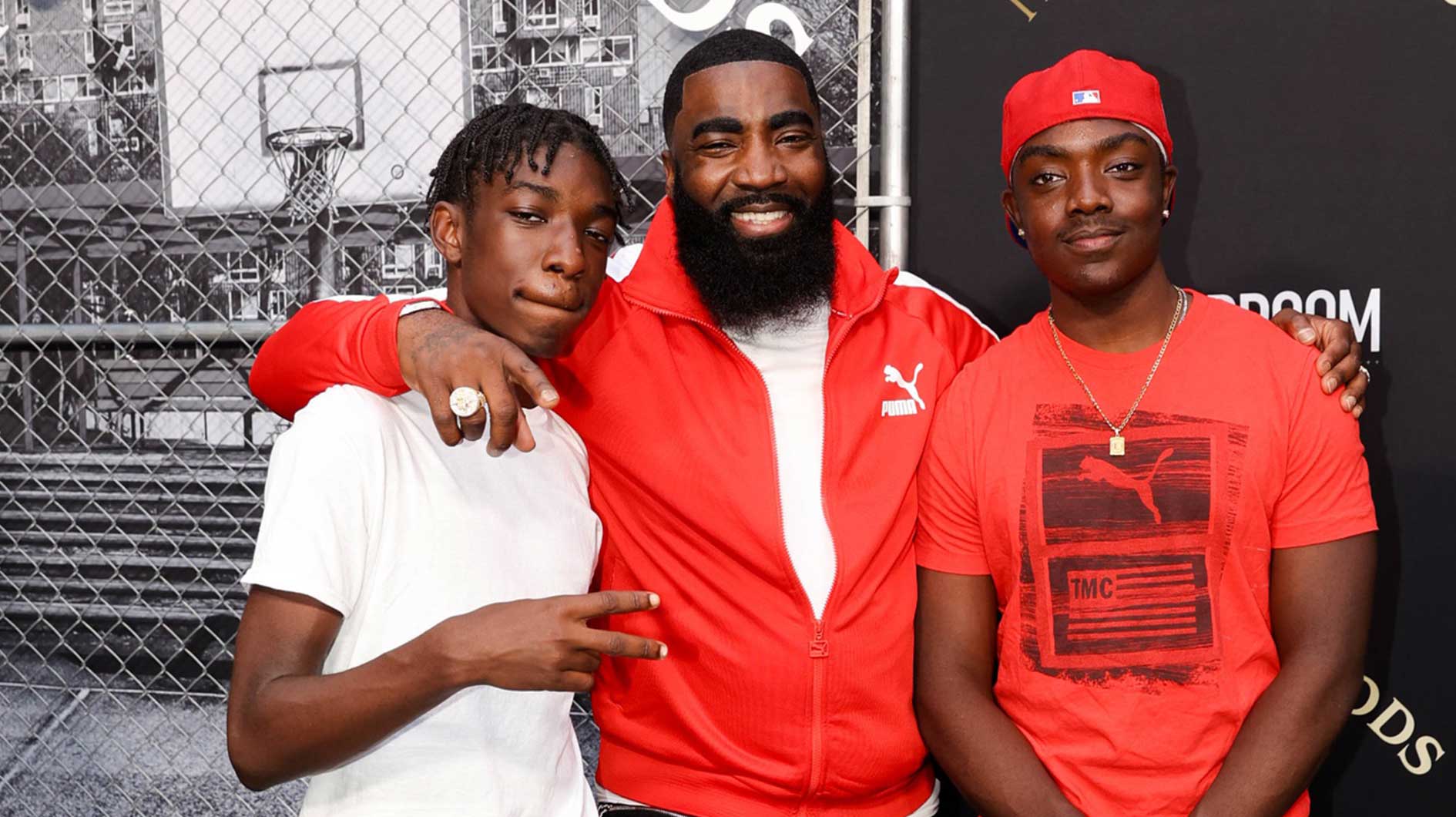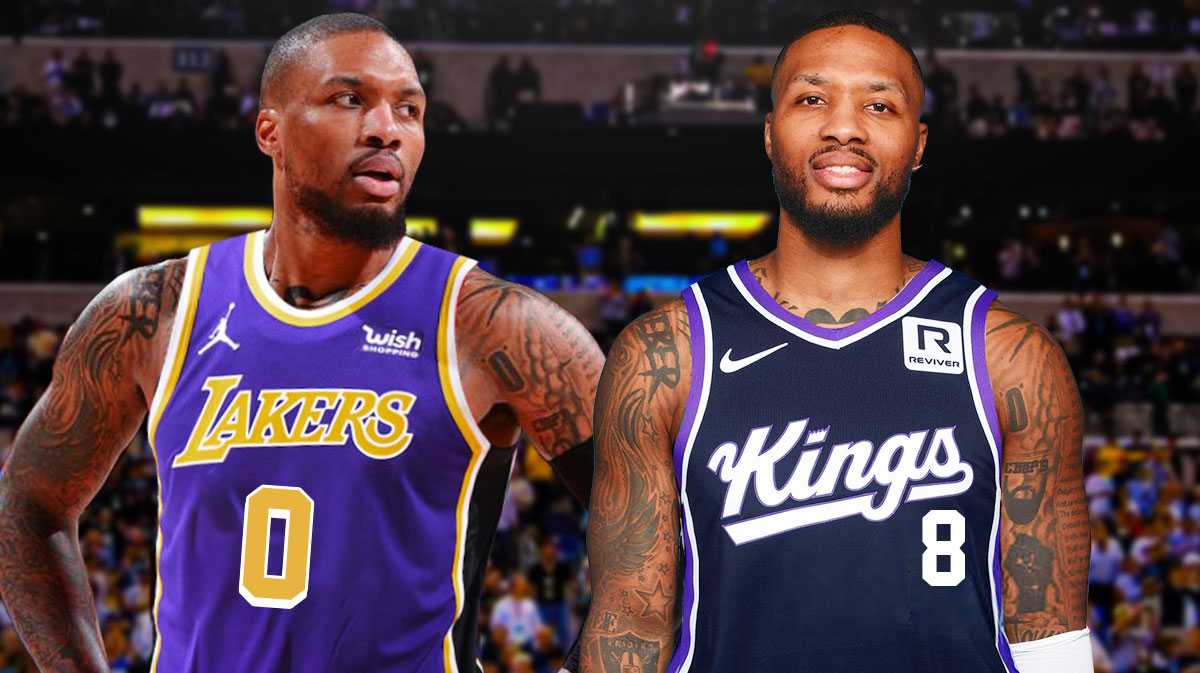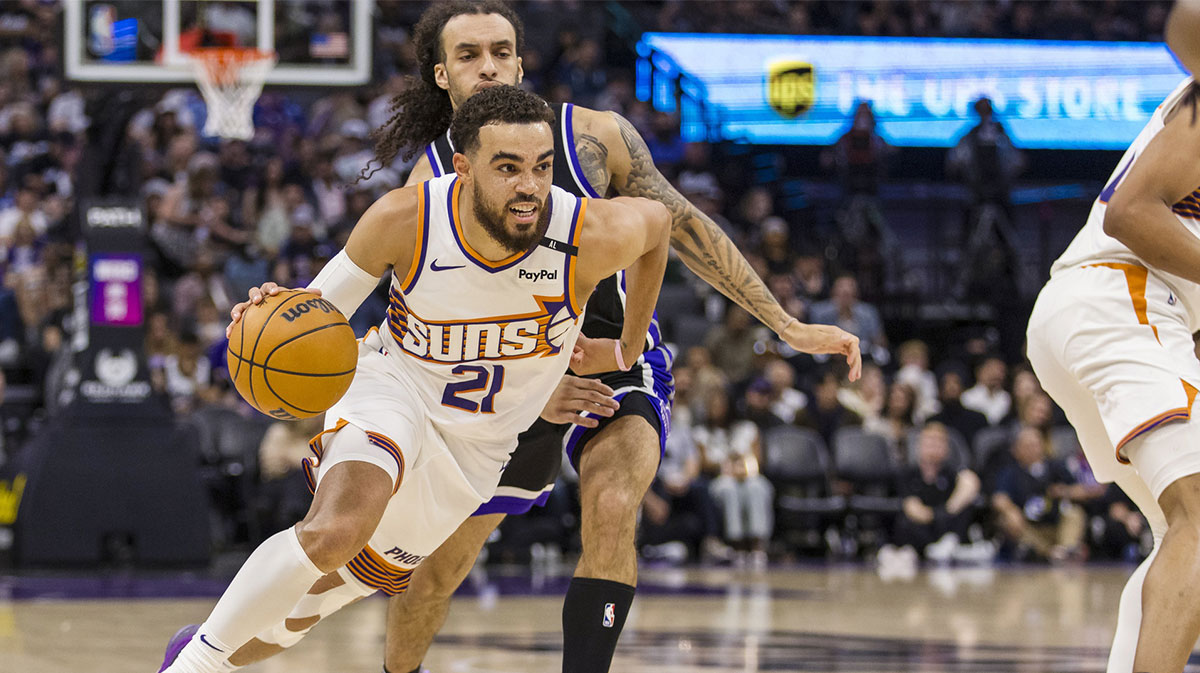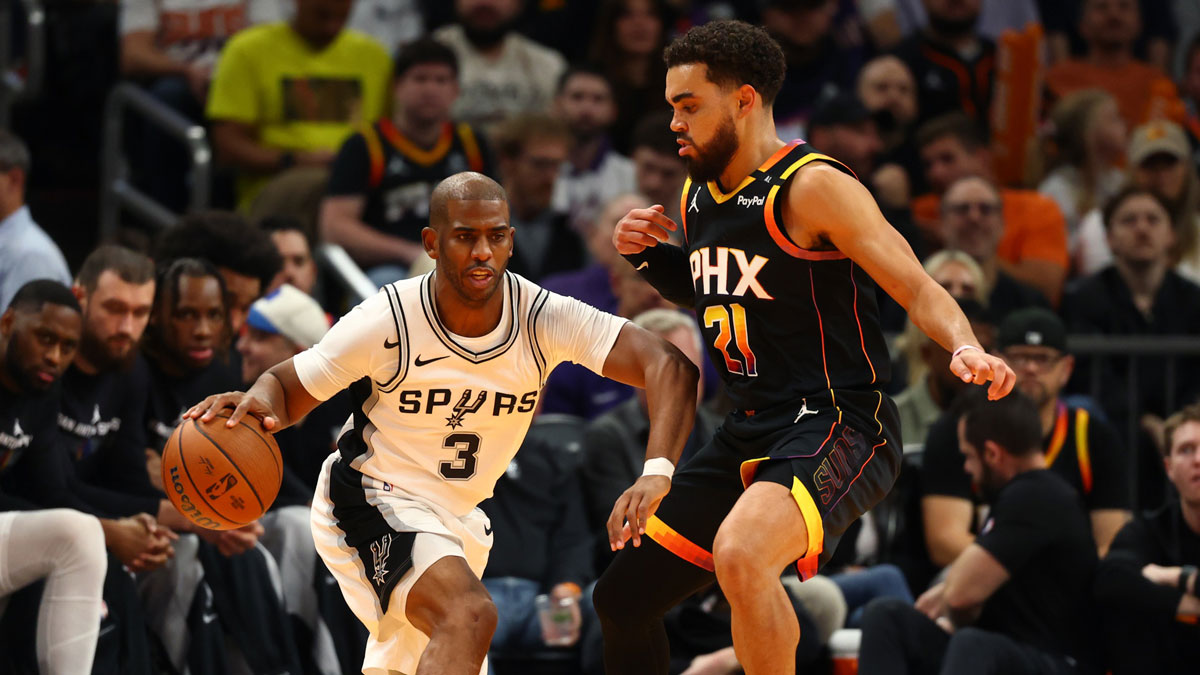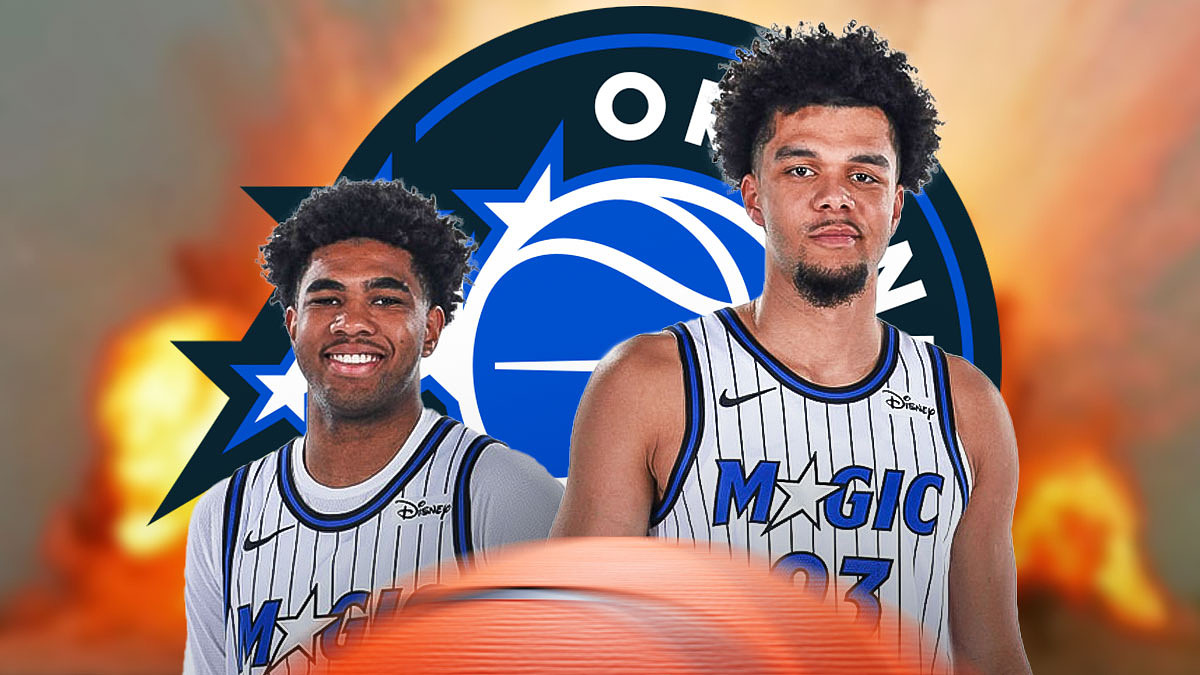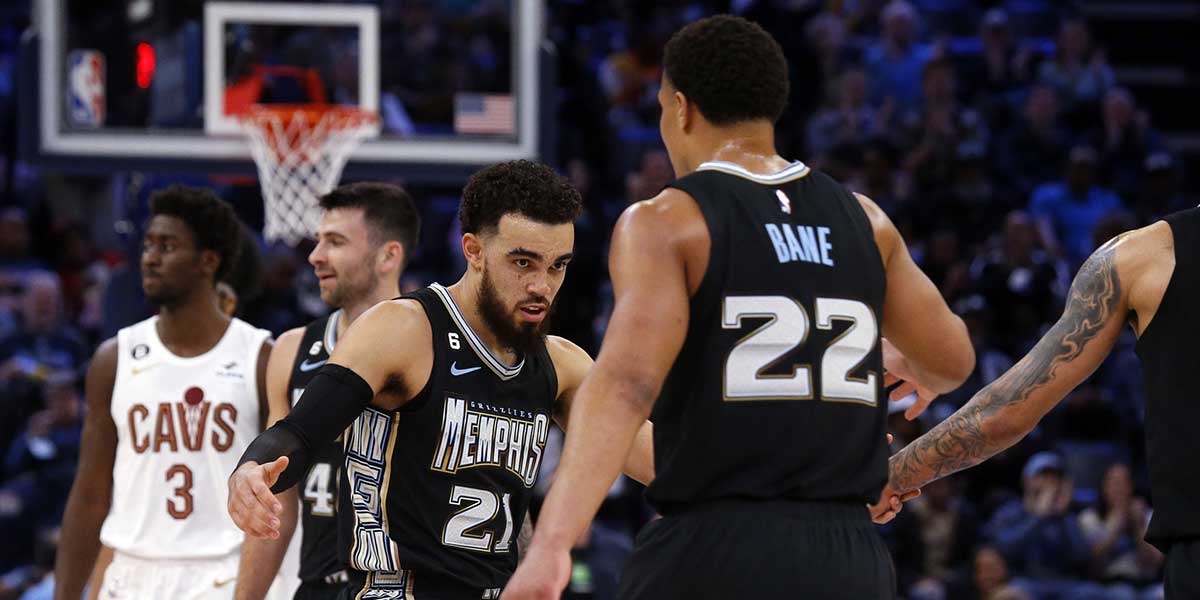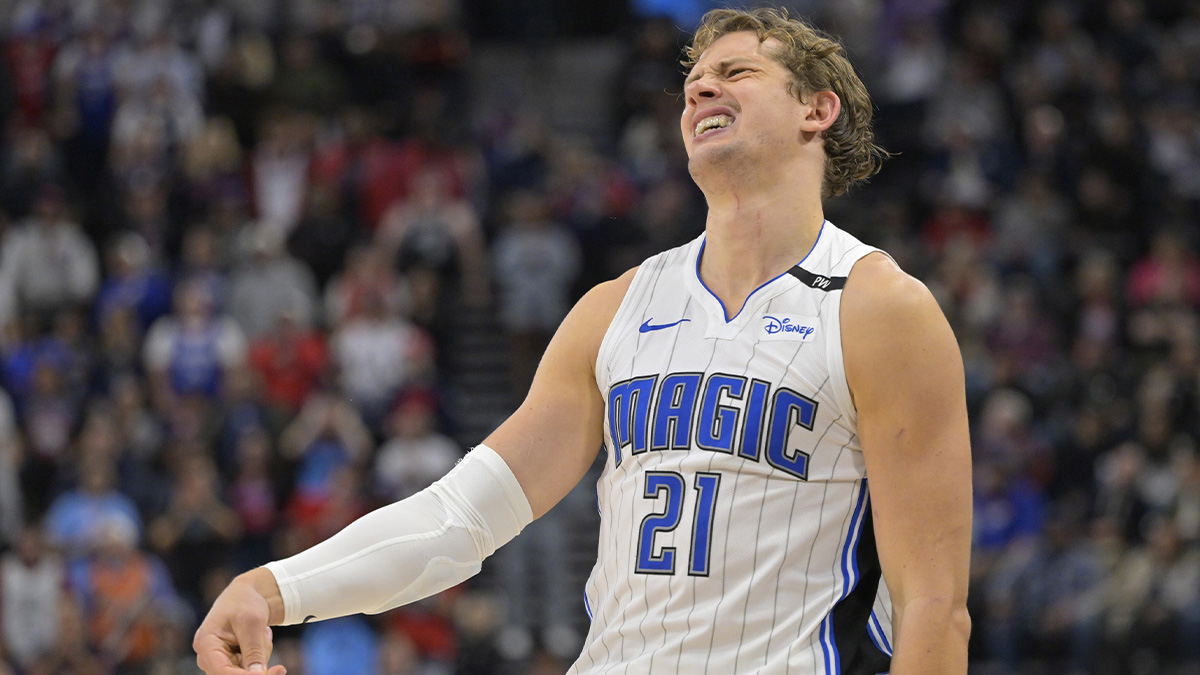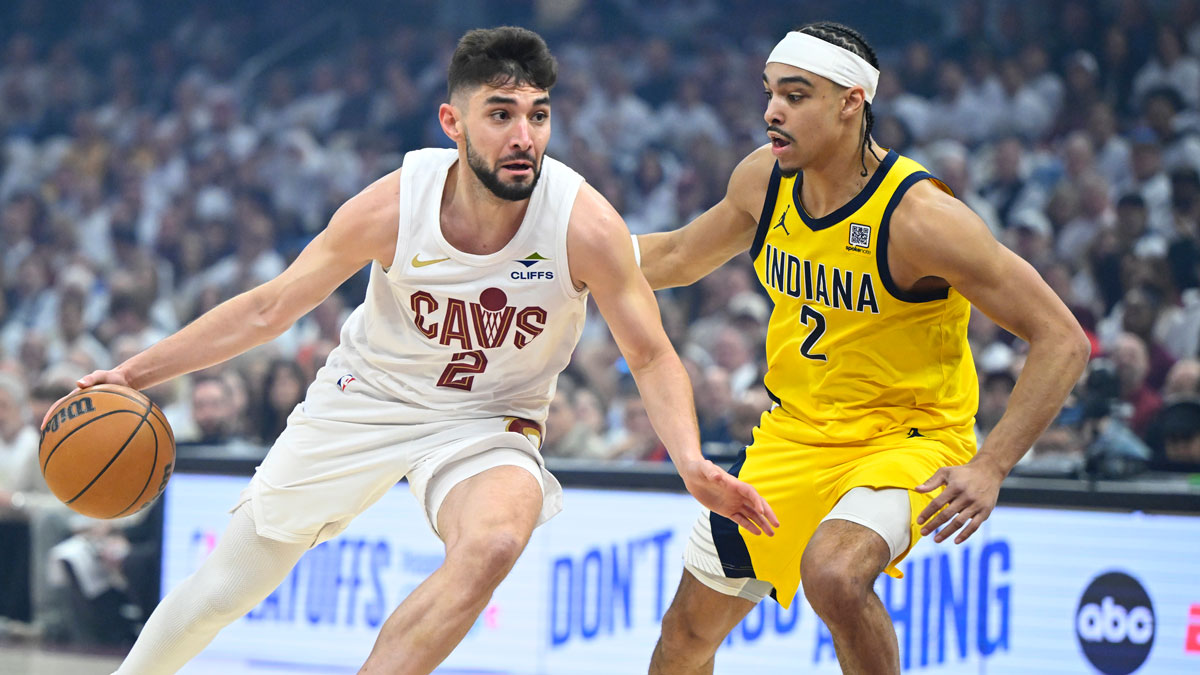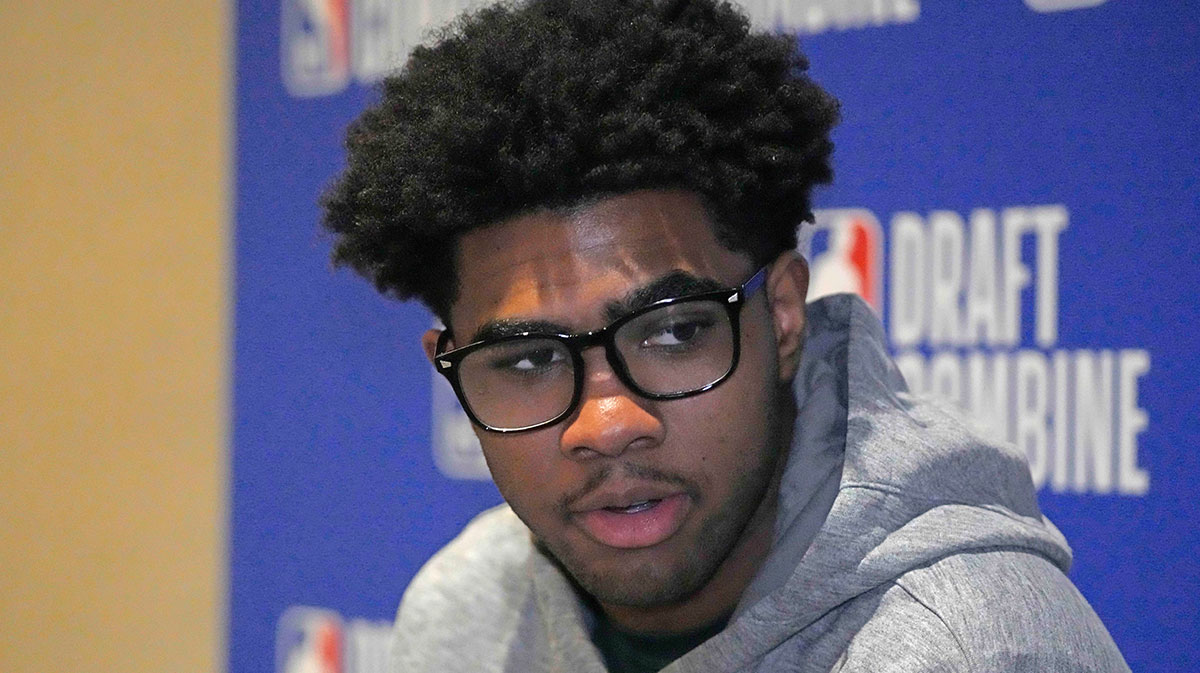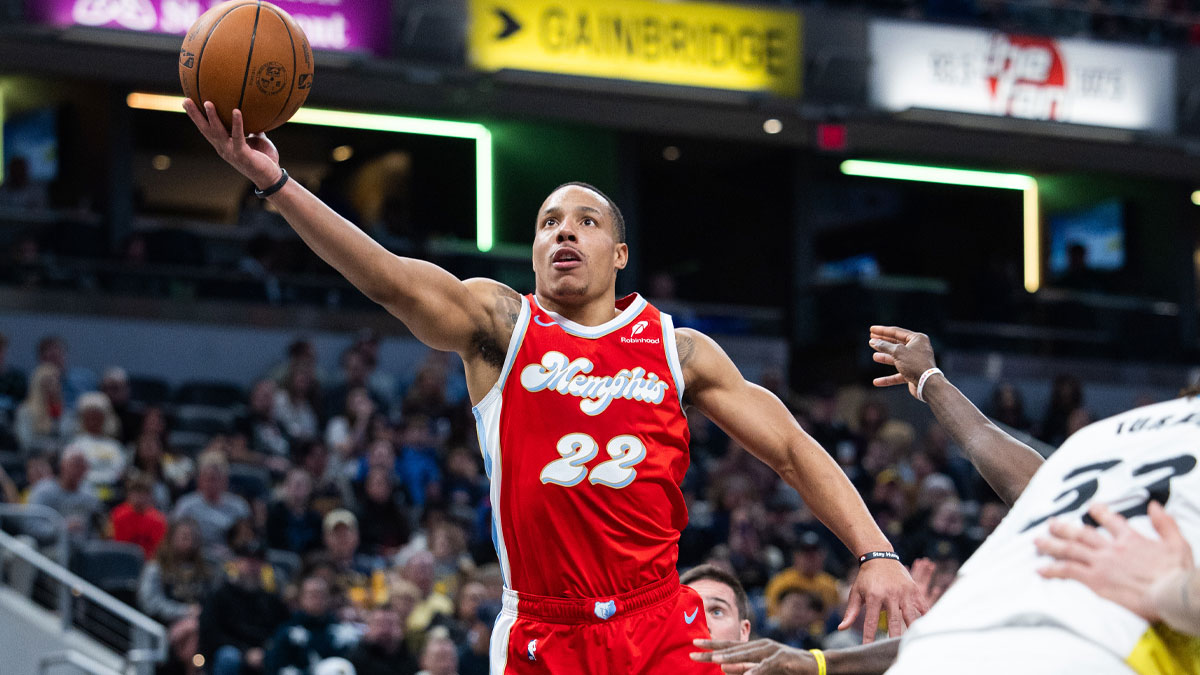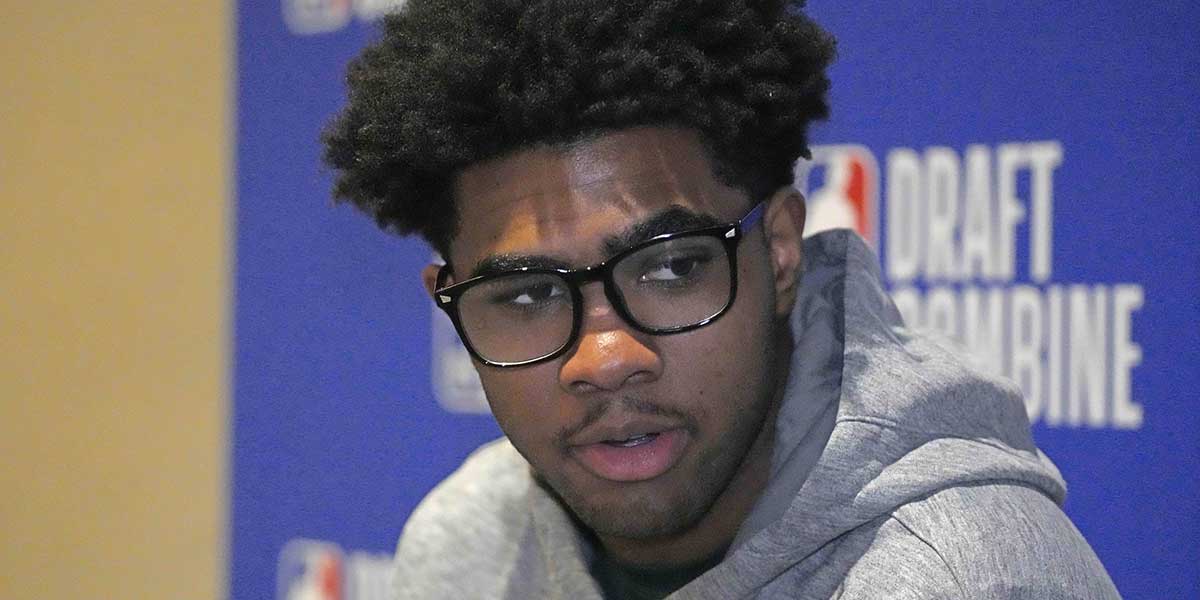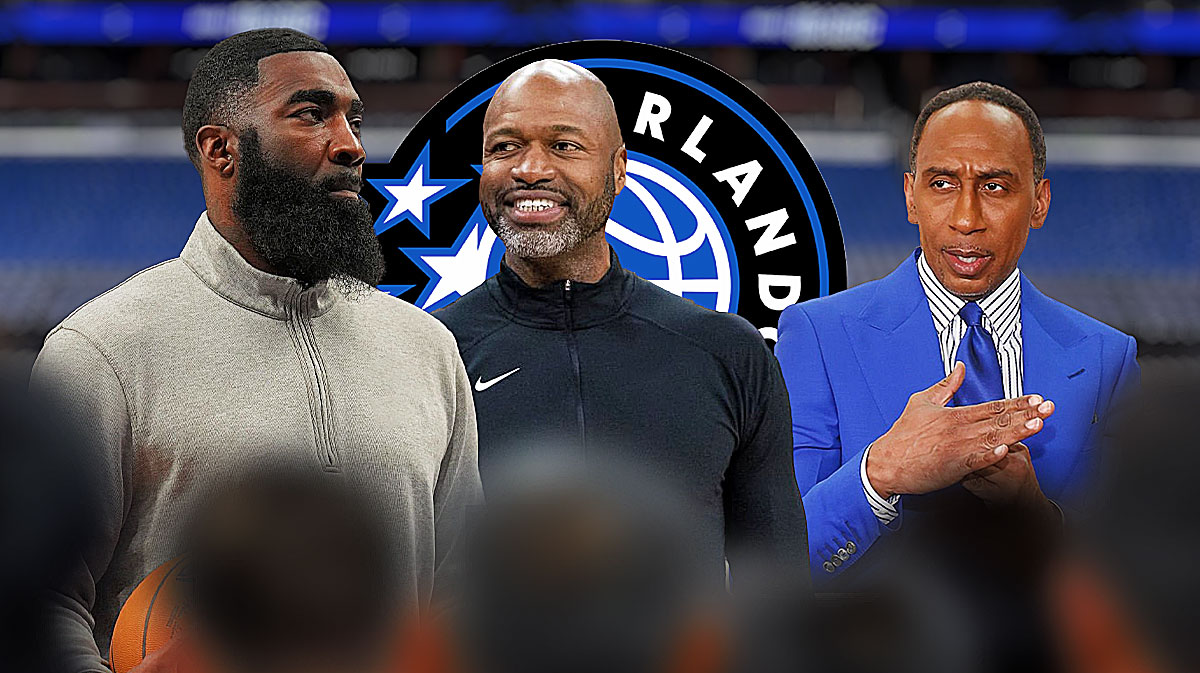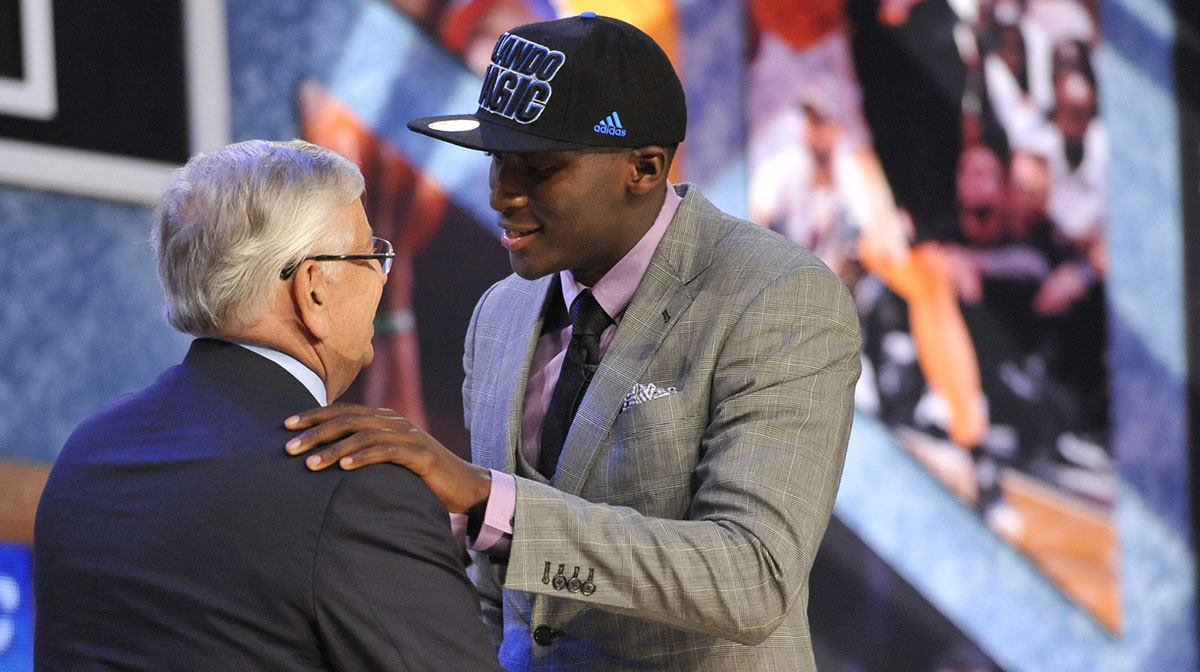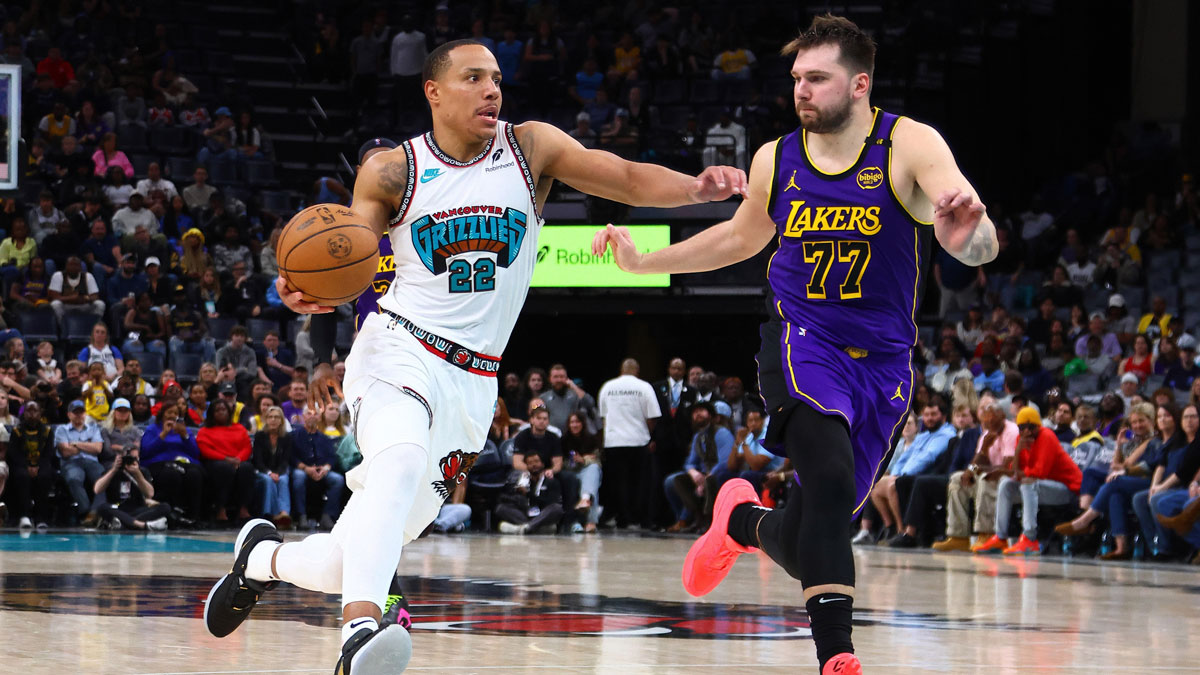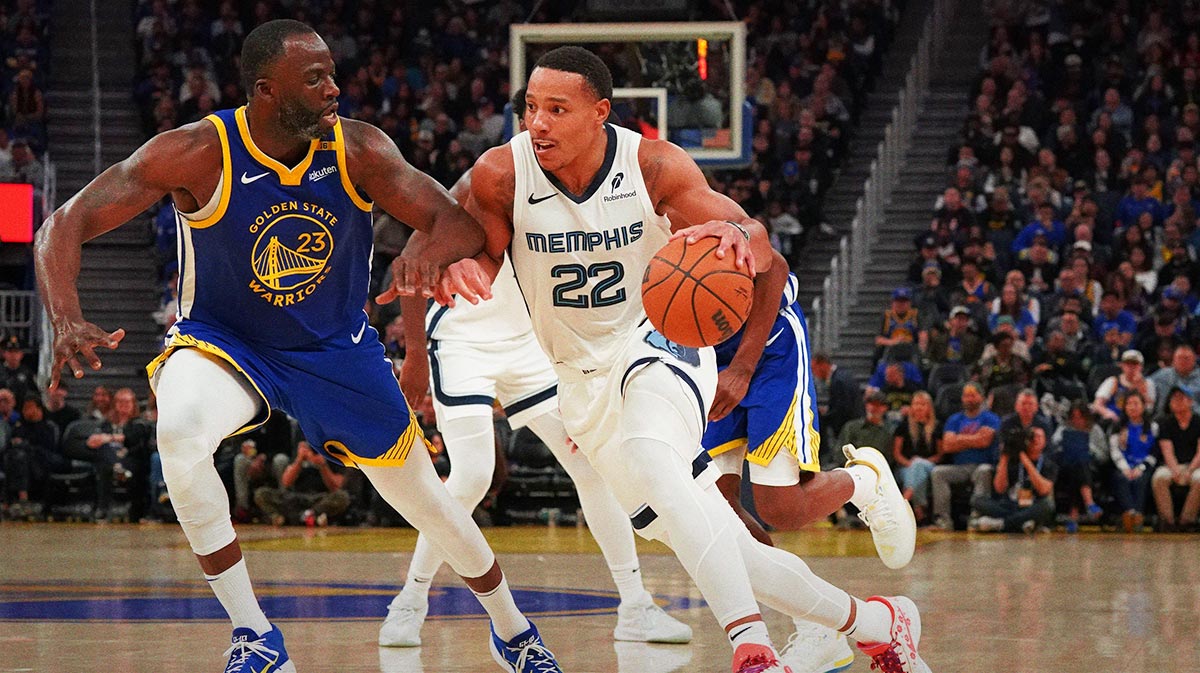For the fifth time in six seasons, the Orlando Magic failed to crack 30 wins, securing another trip to the lottery and the sixth overall pick. It wasn't all bad news for Orlando, as Aaron Gordon broke out in his fourth season, averaging 17.6 points and 7.9 rebounds while making 115 three-pointers in 58 games.
Injuries played a key role in Orlando's season as Jonathan Issac, Nikola Vucevic, Evan Fournier, and Gordon all played less than 60 games, missing a combined 130 appearances. Only one player on the entire roster, Jonathon Simmons, played over 2,000 season minutes.
Point guard Elfrid Payton, a 2014 lottery pick the Magic sacrificed two first-rounders and a second-rounder to move up just two spots to get, was traded to the Phoenix Suns at the trade deadline for a 2018 second-rounder.
The Payton experiment set Orlando back years in their rebuild and the Magic decided to compound the mistake by not picking up the fourth-year option of Mario Hezonja's rookie contract, effectively letting the 23-year old become an unrestricted free agent this summer. Ironically, Hezonja broke out afterwards, averaging 9.6 points, 3.7 rebounds and increasing his PER from 7.2 to 13.7, leaving Orlando with no option to match a contract offer. While it doesn't figure to haunt them as much as giving away Victor Oladipo, it does continue a troubling trend.
One player they do have matching rights on is restricted free agent Aaron Gordon; so let's talk about his pending free agency.
5. Will they keep Aaron Gordon?

At 22 years old and playing at a near All-Star level, there is really no good argument to not hang onto Aaron Gordon. Price will play a factor, but Gordon can function in both a rebuilding scenario and on a team trying to win, due to his increased production.
Losing Gordon would set the franchise back significantly and. after the Payton disaster, they can hardly afford anymore major setbacks. Working in Orlando's favor is the fact only a handful of teams have cap space this summer, limiting the amount of Gordon suitors on the market.
The Dallas Mavericks, one of the teams with financial means, are eyeing a big man this summer, having already shown interest in Lakers power forward Julius Randle, also a restricted free agent, suggesting Gordon could be on their radar as well.
Gordon is likely to request either a max or near-max contract, but it'd behoove Orlando to let him test the market before handing him something of that value.
If Gordon and his agent finds the market drier than anticipated, they might end up settling for less, in which case the Magic could walk away with a high-producing player on a team-friendly deal. Even if Orlando ends up matching a max offer sheet, Gordon's age implies there is a lot of potential left in him, which at the very least presents the chance his further develop will make a max deal easier to swallow. A full max for Gordon is currently estimated at approximately $146.5 million over five years.
Orlando should at no point start the negotiations at that price, however. They'd be well within their rights to start at around half that, offering $75 million, or $15 million a year. They'd know full well Gordon and his representation would reject that deal, especially by pointing to the $70 million over four years Bismack Biyombo got in 2016. Realistically, Orlando will likely have to crack $20 million annually to keep him long-term. Gordon could counter with a proposal of a shorter-term three-year deal, making him unrestricted by 2021 at age 25, where the likelihood of him cashing in is larger.
4. Is Trae Young their guy?

Much has been made about Trae Young being an obvious target for Orlando this summer with the sixth pick in the draft. While many laugh off Young going that early, there is merit to the idea of drafting him.
While slender and not a strong defensive presence, Young is undoubtedly a shotmaker and a fantastically underrated playmaker. As proved b y the frankly absurd averages of 27.4 points and 8.7 assists in his freshman season at Oklahoma, Young is an outstanding passer:
He'll find cutters, spot-up shooters, and lob-targets on the regular, which Orlando has plenty of. Young's ability to get a defense keyed in on his shooting ability and scoring off the dribble allows his teammates to fly under the radar and take advantage of turned heads.
Trae Young's handles are beautiful. He keeps his head up at all times and reads patterns exceptionally well for someone just 19 years of age. In Orlando, Young would have two pick and pop/roll options in Gordon and Vucevic; spot-up shooters in Fournier and Terrence Ross; and a lanky, athletic Isaac, who is a hybrid forward who can shoot and run the floor.
In other words: Orlando is perfectly set up for a Trae Young arrival. Pending general availability, Orlando could do a lot worse.
3. Should Vucevic and Fournier be on the trade block?

Due to Orlando's results in recent years, it's fair to wonder if parts of the current core should be replaced. Orlando is in a weird spot, partly due to the injuries, and partly due to not having a proper point guard.
Vucevic and Founier aren't self-creators, as evident by the amount of baskets they were assisted on. Vucevic had 72.4 percent of his field goals assisted, and Fournier 66.6 percent, meaning they're reliant on somebody else creating shots for their benefit. Having Elfrid Payton, D.J. Augustin, and Shelvin Mack run the show is far from optimal, meaning there'd be some sense in running this core back with a proper point guard quarterbacking their offense.
Vucevic became a long-range shooter last year, making 64 triples at 31.4 percent — not a great percentage, but certainly acceptable for someone who never attempted more than one per game before last season. And centers with range are all the rage in the current NBA.
At 27, Vucevic has another half decade of high-caliber play left in his tank and the $12.7 million remaining on his contract is reasonable. Should a team offer something that exceeds Vucevic's value, Orlando would obviously have to jump on it, but generally they should be in no hurry to rid themselves of Vucevic unless he signals that he wants something else in 2019, when he's a free agent.
Fournier's situation is more straight-forward. He's got another three years left on his deal at $17 million annually and his role as a scorer is fairly cemented. There are upgrades to be had, but that'd require additional sacrifice of assets, which Orlando cannot afford in their current form. Upgrading Fournier would be a luxury, and it'd make little sense for them to move away from him unless they're intentionally trying to bottom out for the purpose of the 2019 NBA Draft.
2. How do they clean up their cap – Do they even need to?

While Orlando is a frequent target of ridicule in regards to the Biyombo contract, they're not necessarily in as bad shape as people think. Vucevic, Ross, and Mack are all entering the final year of their deals, freeing up $29.3 million next summer, assuming Vucevic is keen on leaving. That number should even outweigh Gordon's new contract, leaving behind two undesirable contracts in Augustin and Biyombo, both of whom are coming off the cap one year later in 2020.
Orlando won't be in a position to become a major free agent destination in the time before that, so having dead money on the cap doesn't necessarily mean anything. It would only be a problem if General Manager John Hammond is eyeing 2019 free agency to make a splash, in which case the Magic might be forced to fork over assets to get out of those deals.
1. What is their long-term plan?

The Magic tabbed former Charlotte Hornet Head Coach Steve Clifford as their new coach, signing him to a four-year deal. Signing a more established coach might suggest Orlando would attempt to turn assets into veterans. This wouldn't be the first time, considering the Serge Ibaka trade two summers ago that saw the Magic move Victor Oladipo and the 11th pick in the 2016 draft for some immediate help.
Such a plan would come under a lot of scrutiny from the fan base, and there'd be considerable risk involved. Another Ibaka fiasco would involuntarily see Orlando hit the big red “Complete Reset” button for what feels like the fourth time since the Dwight Howard trade back in 2012. There's very little logic to cashing in those chips now, considering the limited return those chips hold. Even if Orlando acquires a fringe All-Star type talent for Isaac (not a given), you have to wonder if topping out at the eighth seed offers enough long-term to be built upon.
Whichever direction Orlando goes, one thing remains painfully obvious: It's time to commit to a plan and not veer off the road. The last thing this organization needs is another detour.

